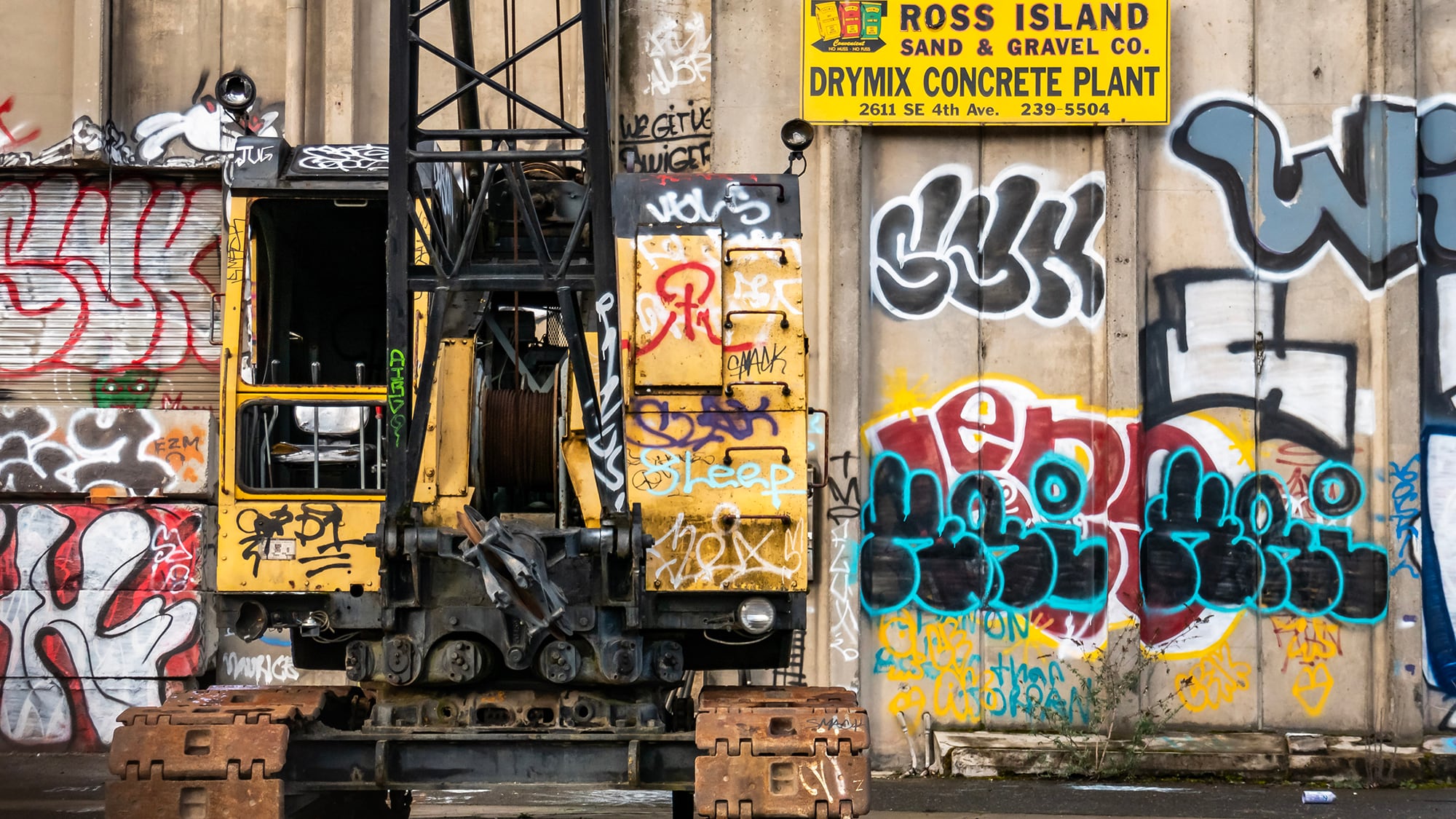Several members of the Yakama Nation and one of its elders are among a growing number of people and organizations that claim to have been shortchanged by companies owned by Portland industrialist and newspaper magnate Robert Pamplin Jr.
Separate legal proceedings in federal and Washington state courts involving subsidiaries of the R.B. Pamplin Corp. and its operations on the Yakama Indian Reservation in Southwest Washington show further financial distress for what was once one of Oregon’s largest fortunes.
Pamplin’s father, the late R.B. Pamplin, built an industrial empire that made his son a regular on the Forbes list of the 400 wealthiest Americans in the 1990s. But as WW has previously reported (“Trader Bob,” Feb. 23), creditors and taxing authorities have repeatedly filed lawsuits and tax liens against various R.B. Pamplin Corp. subsidiaries in recent years.
Pension experts have also cast doubt on property transactions, orchestrated by Robert Pamplin Jr., that have saddled Pamplin company retirees with real estate purportedly worth $35 million in apparent violation of federal laws. (Pamplin denies any wrongdoing.)
The Pamplin companies’ legal troubles on the Yakama reservation, which have not previously been reported, raise continued questions about the financial condition of R.B. Pamplin Corp. and its subsidaries’ ability to meet basic legal obligations.
Pamplin officials did not respond to repeated requests for comment.
“The companies appear to have a cash-flow crisis,” says Portland financial adviser Bill Parish. “But not paying obligations on the reservation is unconscionable, especially with everything tribes have gone through with COVID.”
The legal disputes have left a bitter taste in mouths on the Yakama reservation and soured people on Pamplin, who in better times was one of Oregon’s leading philanthropists.
“He’s not very honorable,” says Yakama tribal council chairman Delano Saluskin. “He’s going to squeeze every nickel and dime out of the smaller people while using up our resources.”
Both cases involving members of the Yakama Nation stem from the 2001 decision by Pamplin’s Ross Island Sand & Gravel to stop mining the bottom of the Willamette River near downtown Portland. The decision came after an Oregonian investigation of the company’s mishandling of toxic soil it was using to fill a 130-feet-deep hole it had excavated in the riverbed.
In need of a new supply of sand and rock, Ross Island Sand & Gravel purchased a Washington company, Pacific Northwest Aggregates, and began sourcing its raw materials from mining leases on the Yakama reservation.
Mining on Native American lands is regulated by the federal Bureau of Indian Affairs, which has its own administrative court system.
In 2008, records show, members of the Yakama tribe complained that Pacific Northwest Aggregates shortchanged them on royalty payments. Their contract with PNA called for a royalty of 60 cents per ton of sand and rock, or 15% of the sales price of the mined materials, whichever was greater.
The BIA found that rather than engaging in arm’s-length transactions with unrelated buyers, Pacific Northwest Aggregates was selling nearly all the material it mined to its affiliated company, Ross Island Sand & Gravel, at lowball prices. Ross Island Sand & Gravel then processed the raw material and resold it at higher prices. In other words, the BIA found, Pacific Northwest Aggregates was calculating royalties on an artificially low price, which deprived tribal members of revenue.
The feds calculated in 2008 that Pacific Northwest Aggregates owed the Yakama leaseholders an additional $194,000.
PNA appealed the order.
The BIA judicial process moves slowly. It wasn’t until 2013 that an auditor confirmed that Pacific Northwest Aggregates had paid royalties based on artificially low prices. Instead of $194,000, the underpayment federal officials had calculated earlier, the BIA administrative court ruled the Pamplin-controlled company actually owed several members of the Yakama Nation $1.23 million.
Pacific Northwest Aggregates has appealed twice more. A BIA spokesperson declined to answer questions about the case, which is now 14 years old.
The second case involves Judy Hunter, a well-known member of the Yakama Nation who started and ran the Lil’ Brown Smoke Shack, a 25,000-square-foot retail operation on the Yakama reservation. (Hunter said the store was named for her small stature and her maiden name, Brown.)
In addition to operating the Smoke Shack, Hunter acquired a permit in 2007 to mine sand and gravel on a patch of the Yakama reservation. The Pamplin companies agreed to pay her a royalty of 60 cents per ton for material they took from her leased property (an allotment separate from the property that is the subject of the federal dispute described earlier). Records show the companies were mining about 15,000 tons a month just before Hunter filed her lawsuit.
Hunter stopped getting payments and decided in April 2019 to sue in Washington state court. Attorneys for Pacific Northwest Aggregates and Ross Island Sand & Gravel admitted in court filings on Aug. 13, 2020, that they were “currently delinquent in submitting royalty payments” and that the “total past due production royalties exceed $1 million.”
The companies also admitted they’d continued mining after Hunter ordered them to stop—but that point was moot because R.B. Pamplin Corp. closed its sand and gravel businesses in May 2019.
Despite that admission, however, the companies’ attorneys argued they should not have to pay because the companies had made excess payments to the leaseholder before Hunter and for other, technical reasons.
The case remains unresolved.
Hunter died May 25 at age 79. Her family declined to comment.

